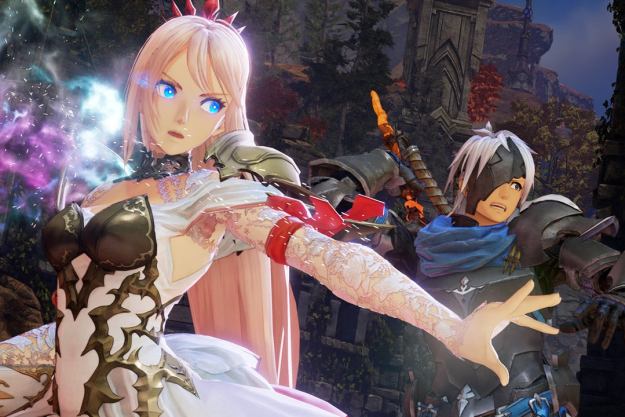Today’s ID@Xbox stream was packed with indie games galore, but the highlight of the show came from Stardew Valley developer Concerned Ape. During an interview on the stream, Eric Barone, the sole developer of Stardew Valley announced that the game will be coming to Xbox Game Pass.
Stardew Valley was originally released in February 2016 but has since exploded in popularity. The game, heavily inspired by the Harvest Moon franchise, gives players a farm to call their own, and a small town to live in. The game is currently available on PC, Switch, PlayStation consoles, and Xbox consoles, and will arrive on Xbox Game Pass later this fall. A concrete release date for the game on Xbox’s subscription service was not announced.

Along with Stardew Valley, a decent number of other indie titles are coming to Xbox Game Pass. Aragami 2 hits the service on September 17, Pathfinder Wrath of the Righteous arrives on March 1, 2022, Evil Genius 2 is set to launch on Game Pass in fiscal Q4 of this year, and Pupperazi is rolling onto the service sometime soon.
The ID@Xbox stream wasn’t just about the indie games coming to Xbox Game Pass though. You can find a list of every game that appeared during today’s showcase down below.
- Lightyear Frontier
- Lab Rat
- the Legend of Wright
- OlliOlli World
- Inked
- Sam & Max Save The World Remastered
- Aeon Drive
- The Big Con
- The Vale: Shadow of the Crown
- Aragami 2
- Pathfinder Wrath of the Righteous
- Pupperazi
- Evil Genius 2
- Stardew Valley
- Library of Aruna
- Spacelines from the Far Out
- The Artful Escape
Editors' Recommendations
- April’s most anticipated RPG is coming to Xbox Game Pass
- The best games on Xbox Game Pass for right now (April 2024)
- You should keep your eye on these promising Xbox indies
- Xbox Game Pass gets its first Activision Blizzard game very soon
- Stardew Valley cheats: all glitches, codes, and secrets




